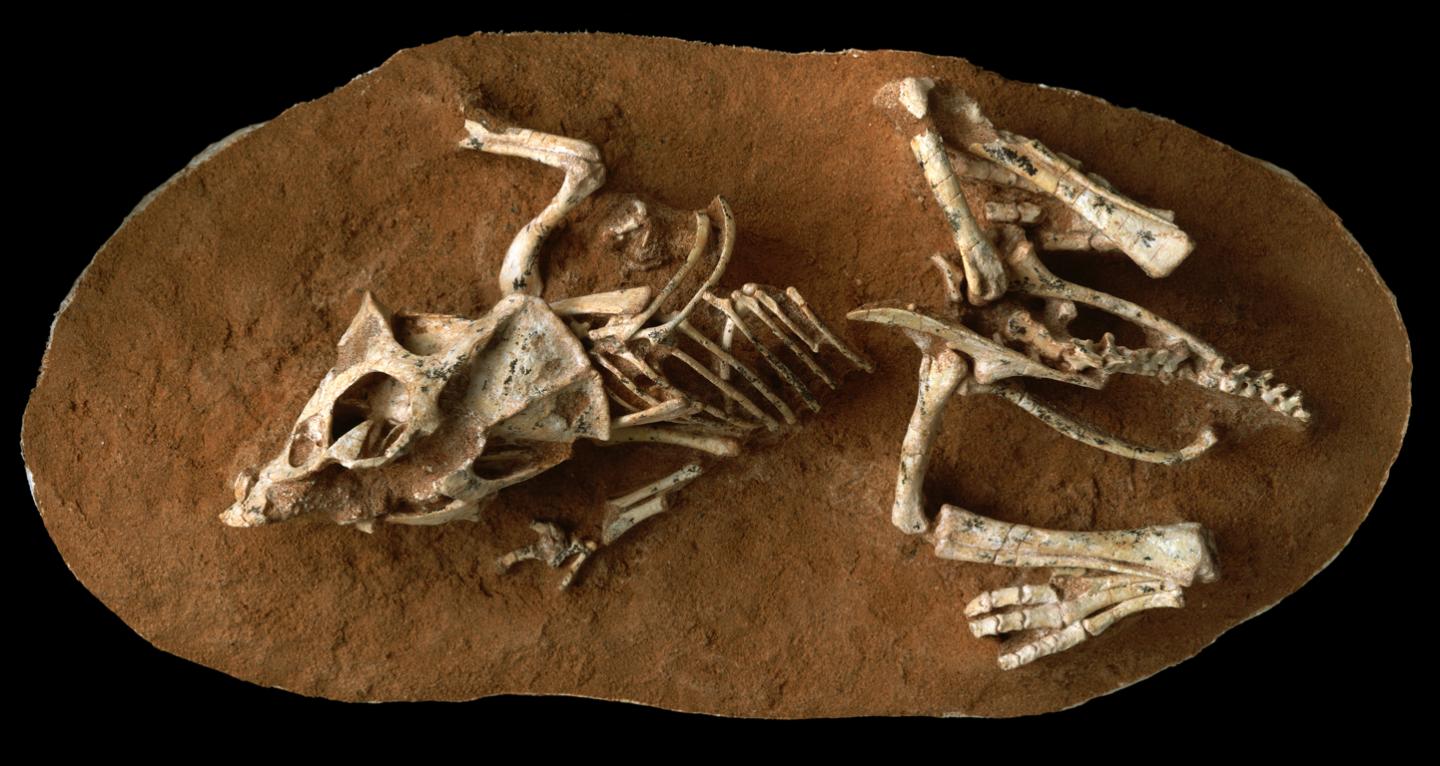
Non-avian dinosaurs took between three and six months to hatch from their eggs, according to a study that examined the teeth of fossilized dinosaur embryos.
Scientists have long assumed dinosaur incubation was similar to the rapid incubation of birds, which hatch within 11 to 85 days. However, the study found that dinosaurs aligned more with the prolonged incubation of reptiles.
Growth lines in the teeth of dinosaur embryos showed “slow reptilian-grade development” spanning months, scientists wrote in a study published in Proceedings of the National Academy of Sciences. The research results suggest that dinosaurs’ slow development may have affected their ability to compete with the more quickly generating populations of birds, reptiles and mammals after the mass extinction 65 million years ago.
“We know very little about dinosaur embryology, yet it relates to so many aspects of development, life history, and evolution,” study co-author Mark Norell said in a press release. “But with the help of advanced tools like CT scanners and high-resolution microscopy, we’re making discoveries that we couldn’t have imagined 20 years ago. This work is a great example of how new technology and new ideas can be brought to old problems.”
More Must-Reads from TIME
- Donald Trump Is TIME's 2024 Person of the Year
- Why We Chose Trump as Person of the Year
- Is Intermittent Fasting Good or Bad for You?
- The 100 Must-Read Books of 2024
- The 20 Best Christmas TV Episodes
- Column: If Optimism Feels Ridiculous Now, Try Hope
- The Future of Climate Action Is Trade Policy
- Merle Bombardieri Is Helping People Make the Baby Decision
Write to Mahita Gajanan at mahita.gajanan@time.com